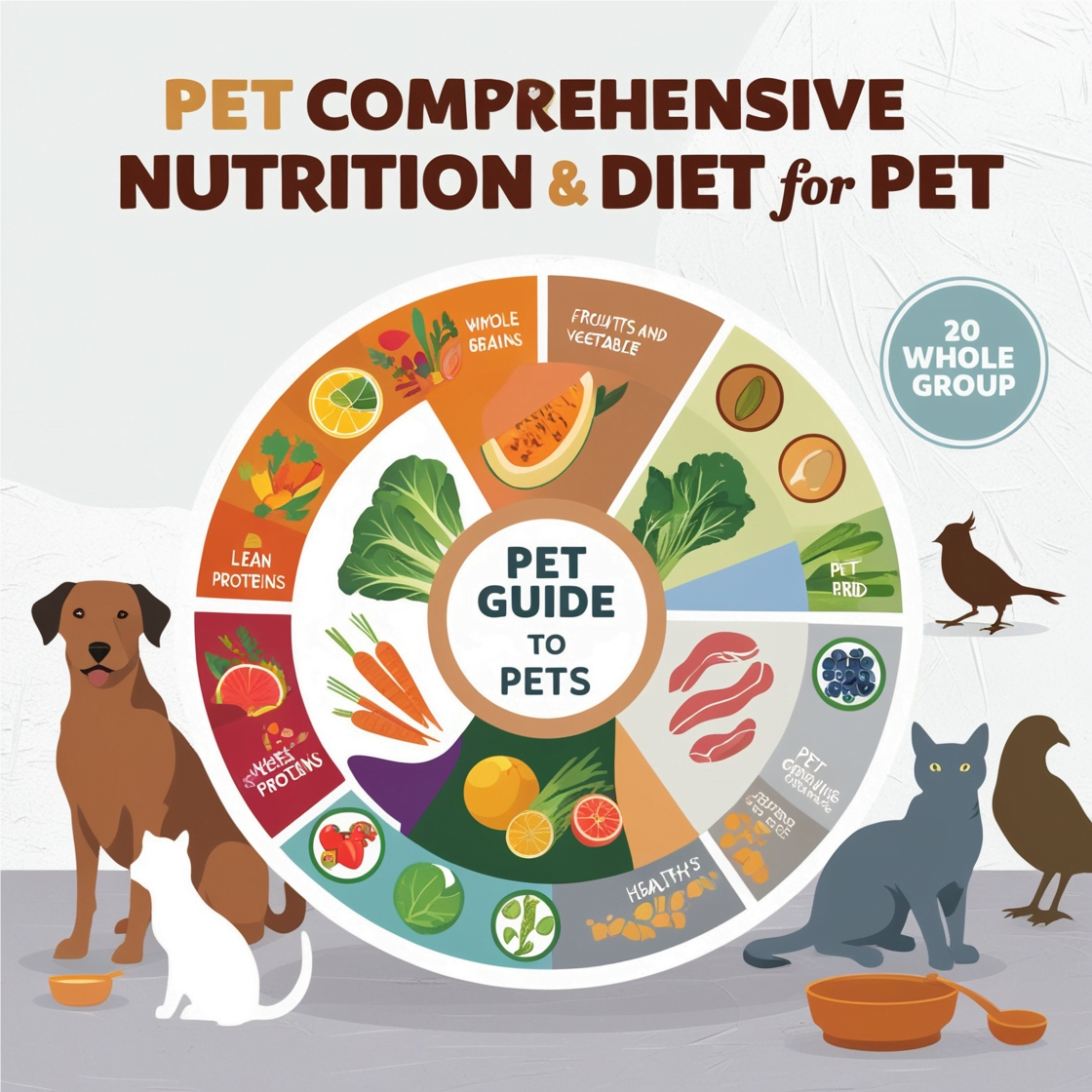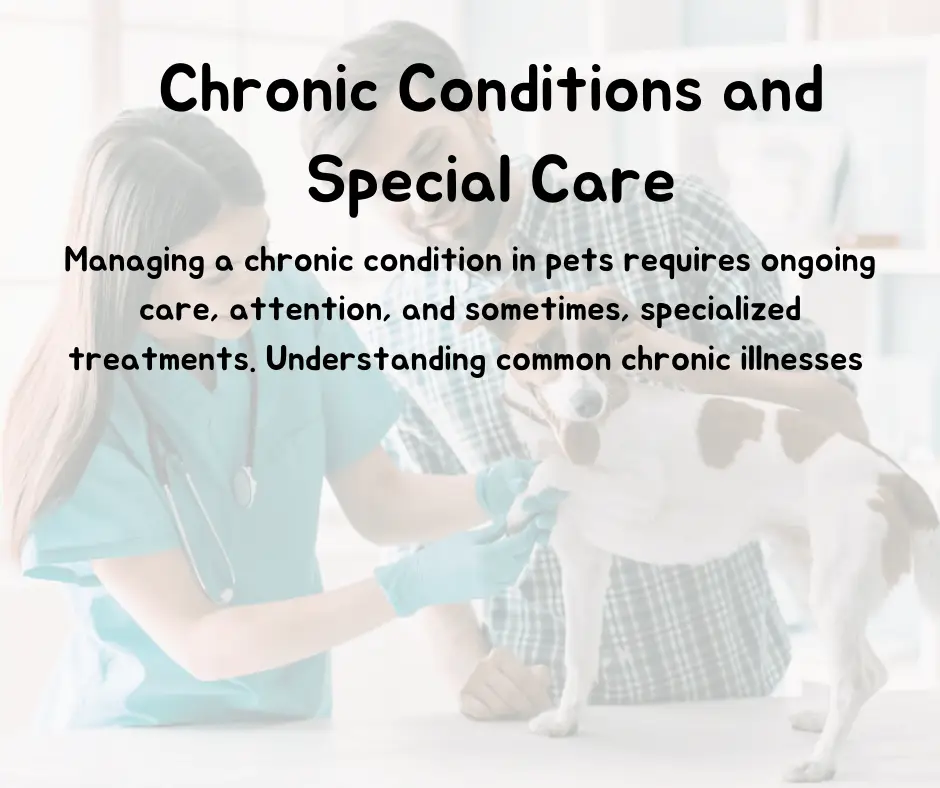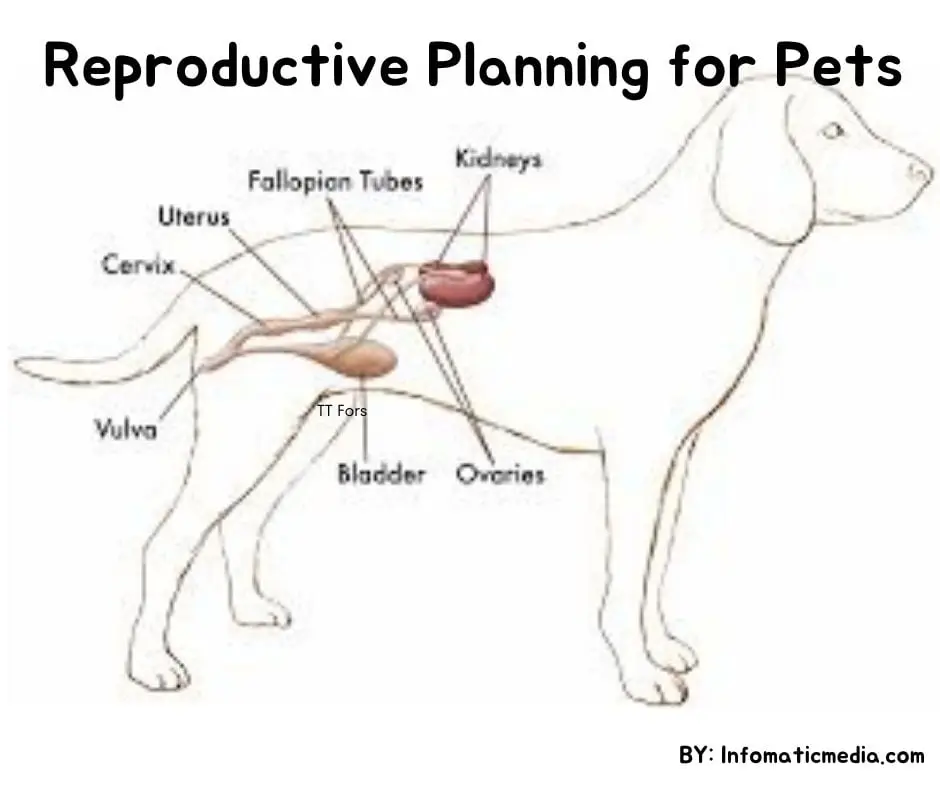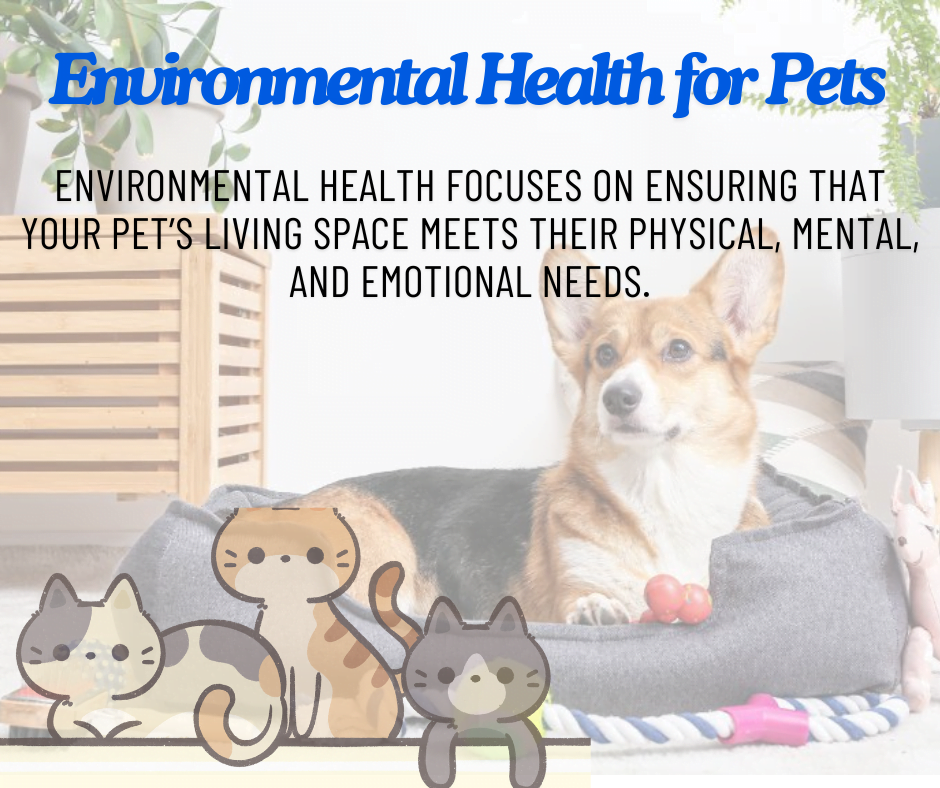Nutrition and Diet for Pets: A Comprehensive Guide
Pets require a healthy diet for their general health and well-being. Pets require a healthy diet for their general health and well-being. Just like humans, pets require a balanced diet to thrive, with specific nutritional needs varying depending on species, breed, age, and health condition. Here’s a guide to understanding the basics of nutrition and diet for pets, including common household animals like dogs, cats, birds, and small mammals.
1. Understanding Nutritional Needs
Each type of pet has its own unique dietary requirements:
- Dogs: As omnivores, dogs require a mix of proteins, fats, carbohydrates, vitamins, and minerals. Their diet should include meat, vegetables, grains, and fats. Dogs need amino acids from proteins, fatty acids for skin and coat health, and carbohydrates for energy.
- Cats: In order to survive, cats are obligate carnivores, meaning they must consume meat. Their diet should be rich in animal-based proteins, with a moderate amount of fat and minimal carbohydrates. Taurine, an amino acid found in meat, is particularly crucial for cats.
- Birds: Bird diets vary widely depending on the species. For instance, parrots may thrive on a mix of seeds, fruits, and vegetables, while finches might require a diet rich in seeds. Birds need a diet that includes a balance of proteins, fats, vitamins, and minerals.
- Small Mammals: Animals like rabbits, guinea pigs, and hamsters have specific needs. Rabbits require a diet high in fiber, primarily from hay, while guinea pigs need vitamin C supplements as they cannot produce it naturally.
2. Choosing the Right Diet for Pets
Commercial pet foods are designed to meet the nutritional requirements of different animals. But not all pet food is made equally:
- Dry vs. Wet Food: Both dry and wet foods have pros and cons. Dry food is convenient, helps with dental health, and is often less expensive, while wet food has a higher moisture content, which is beneficial for hydration.
- Raw Food for Pets: There is a growing interest in feeding pets raw food. This approach involves feeding uncooked meat, bones, and organs, along with fruits and vegetables. Advocates of raw food for pets believe it offers a more natural diet, closer to what animals would eat in the wild. However, it’s essential to ensure that raw diets are well-balanced and safe, as improper preparation can lead to nutritional deficiencies or foodborne illnesses.
- Vegetarian Pets: While dogs can survive on a carefully planned vegetarian diet, cats cannot. Cats require certain nutrients found only in animal products, making a vegetarian diet inappropriate for them. For dogs, a vegetarian pet diet should include plant-based proteins like legumes and grains, along with appropriate supplements to meet their nutritional needs.
- Ingredient Quality: Look for pet foods with high-quality ingredients. Avoid foods with fillers, artificial preservatives, and by-products. Whole meat, grains, and vegetables should be listed as primary ingredients.
- Life Stage Nutrition: Pets’ nutritional needs change with age. Puppies, kittens, and young animals need more calories and nutrients for growth, while senior pets may require diets lower in calories but higher in fiber and certain vitamins.
3. Feeding Guidelines
- Portion Control: Overfeeding is a common problem leading to obesity, which can cause various health issues. Follow feeding guidelines on pet food packages, but adjust based on your pet’s activity level, age, and weight.
- Feeding Schedule: Establish a consistent feeding schedule. For dogs and cats, two meals a day is standard, while some pets, like certain small mammals, may need constant access to food.
- Treats and Snacks: While treats are a great way to bond with and train pets, they should only make up a small portion of the diet. Opt for healthy treats, like small pieces of fruit or specially designed pet treats that complement their diet.
4. Special Diets and Health Conditions
- Allergies and Intolerances: Some pets may develop food allergies or intolerances. Dairy, chicken, meat, and wheat are common allergies. Symptoms may include itching, digestive upset, or ear infections. If a food allergy is suspected, a vet might recommend an elimination diet.
- Prescription Diets: Pets with certain health conditions, such as kidney disease, diabetes, or obesity, may require prescription diets tailored to manage their condition. Before altering your pet’s food, always get advice from a veterinarian.
- Diets Made at Home: A few pet owners choose to make their own diets. While this can be healthy if done correctly, it’s essential to ensure the diet is balanced and meets all of the pet’s nutritional needs. It is important to see a veterinarian or pet nutritionist.
- Pets at Home Raw Food: For those interested in raw diets, some pet stores offer ready-made raw food for pets at home. These products are designed to provide balanced nutrition while offering the benefits of a raw diet. It’s essential to follow safe handling practices to avoid contamination.
5. Hydration
Adequate hydration is vital for pets. Make sure your pet has access to clean, fresh water at all times. Some pets, like cats, may not drink enough water on their own and might benefit from wet food or a pet fountain.
6. Monitoring and Adjusting Nutrition and Diet for Pets
Regularly monitor your pet’s weight, coat condition, energy levels, and overall health. Adjust their diet as needed and consult your vet regularly to ensure your pet’s nutritional needs are met. Be cautious with sudden diet changes, as they can cause digestive upset; gradual transitions are better.
7. The Role of Supplements
- Vitamins and Minerals: While most commercial pet foods are fortified with essential vitamins and minerals, some pets may require additional supplements, especially if they have specific health conditions.
- Omega-3 Fatty Acids: Often recommended for pets with joint issues or skin problems, omega-3 fatty acids support overall health.
- Probiotics: These can be beneficial for pets with digestive issues, helping to maintain a healthy gut flora.
Conclusion
Proper nutrition and diet for pets are the cornerstones of a healthy, happy pet. By understanding your pet’s specific dietary needs and providing a balanced diet, you can ensure they live a long and vibrant life. Whether you choose commercial pet food, raw food for pets, or even explore options for vegetarian pets, regular consultations with a veterinarian will help tailor your nutrition and diet for pets to their individual needs, keeping them healthy and active.






2amofn